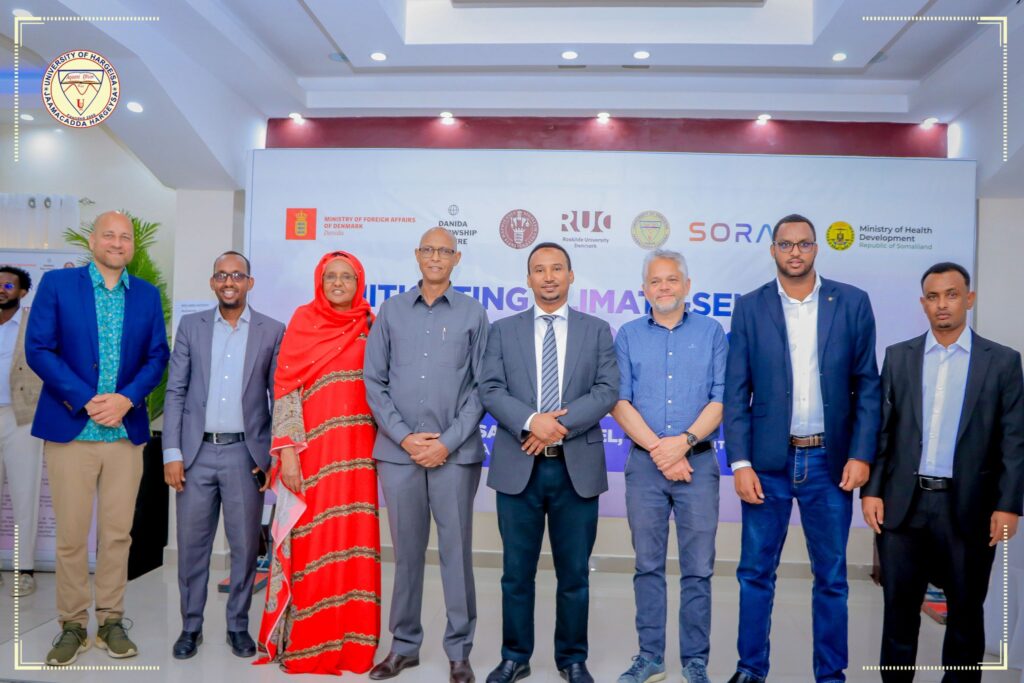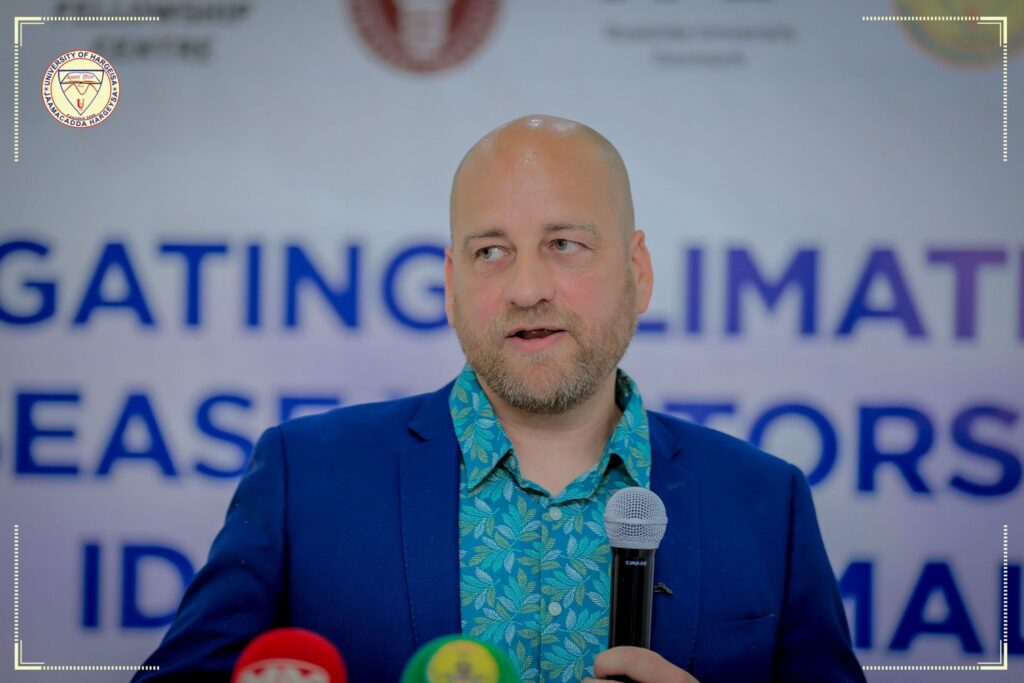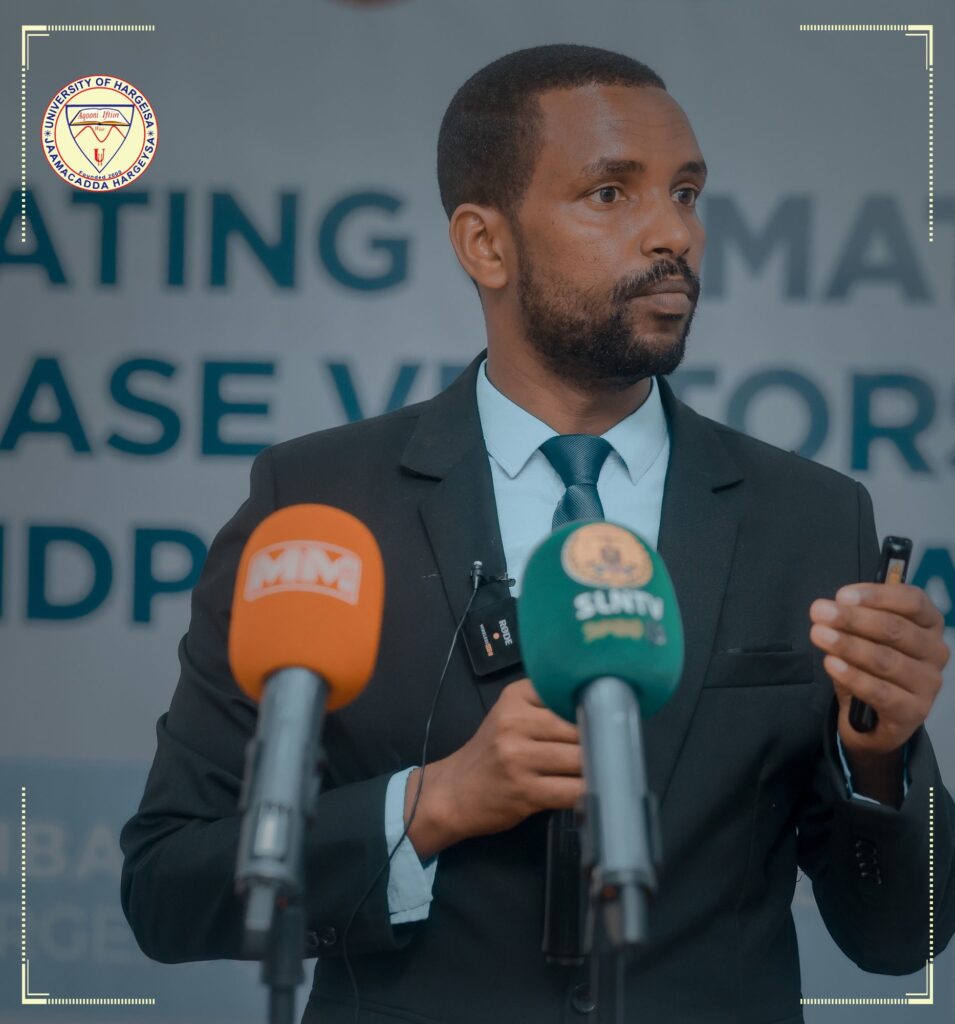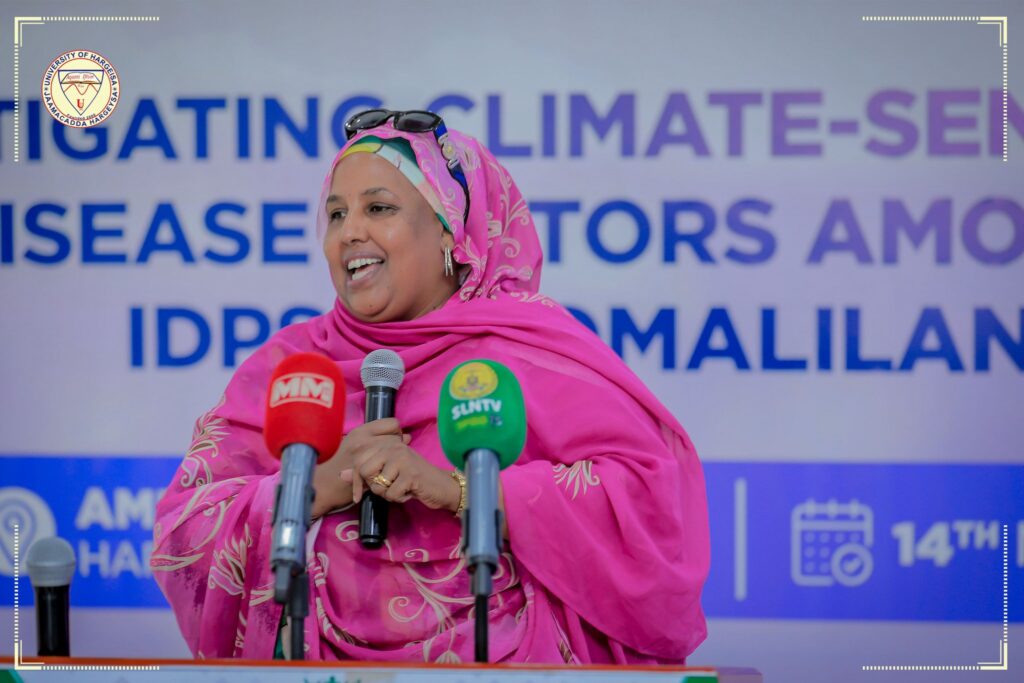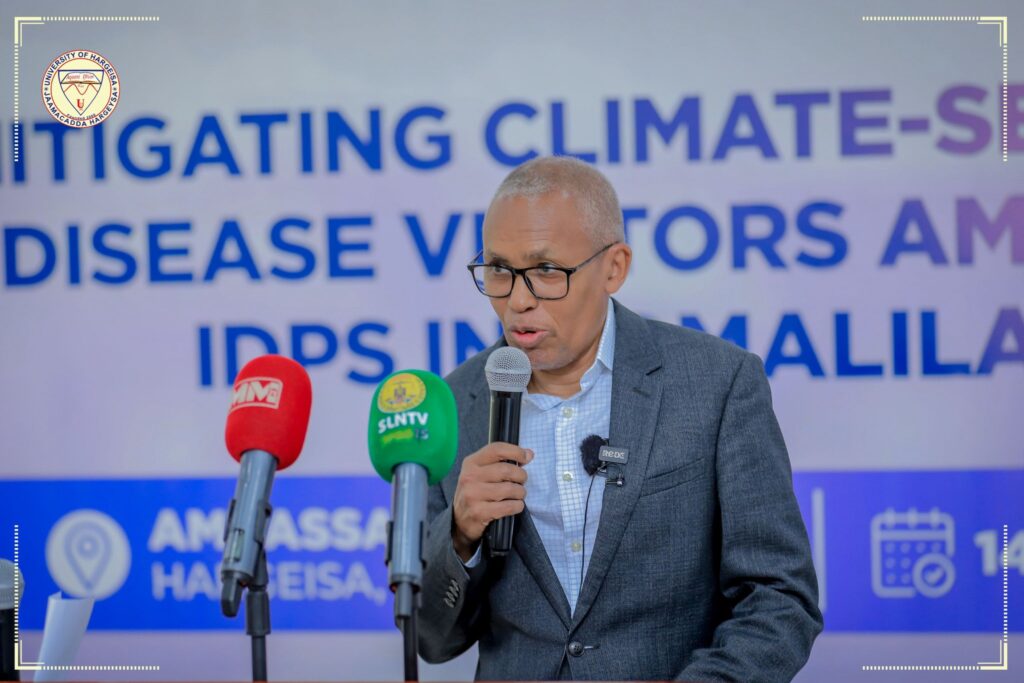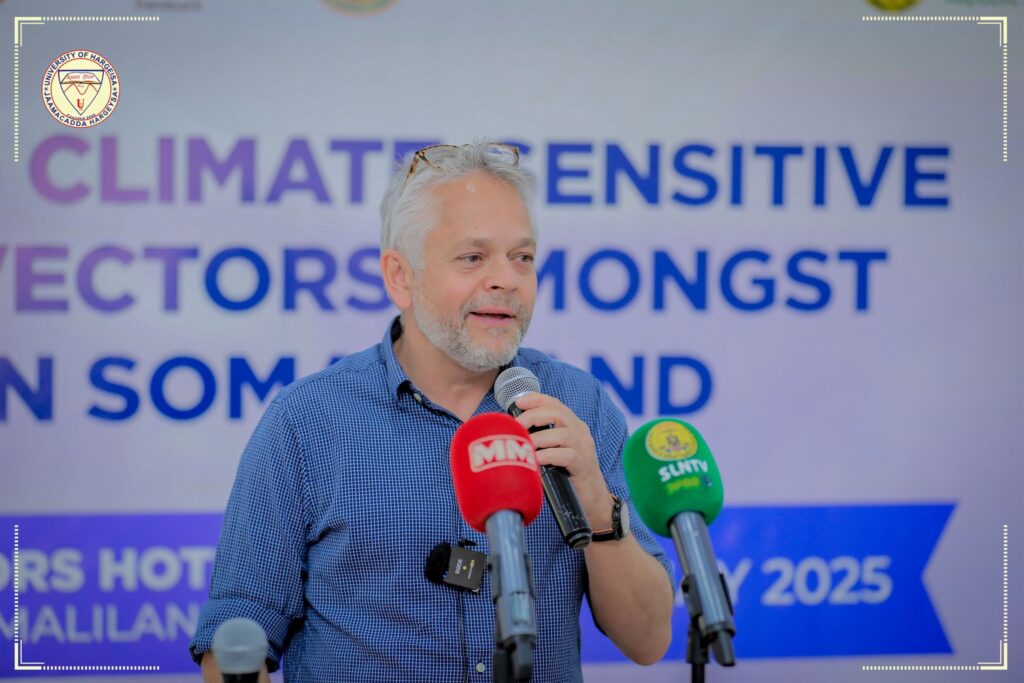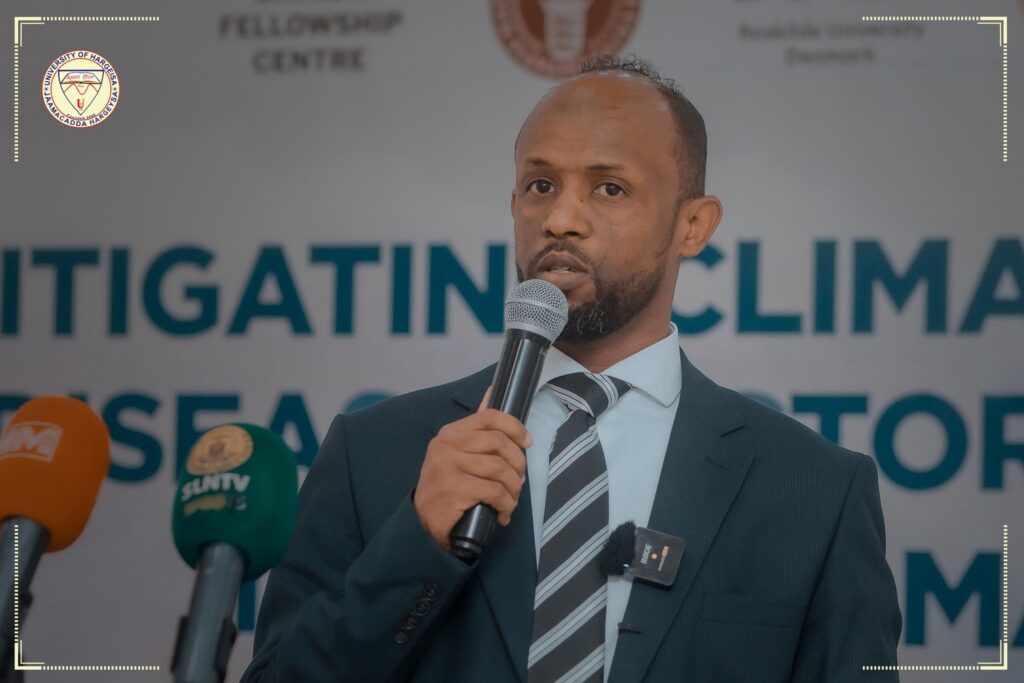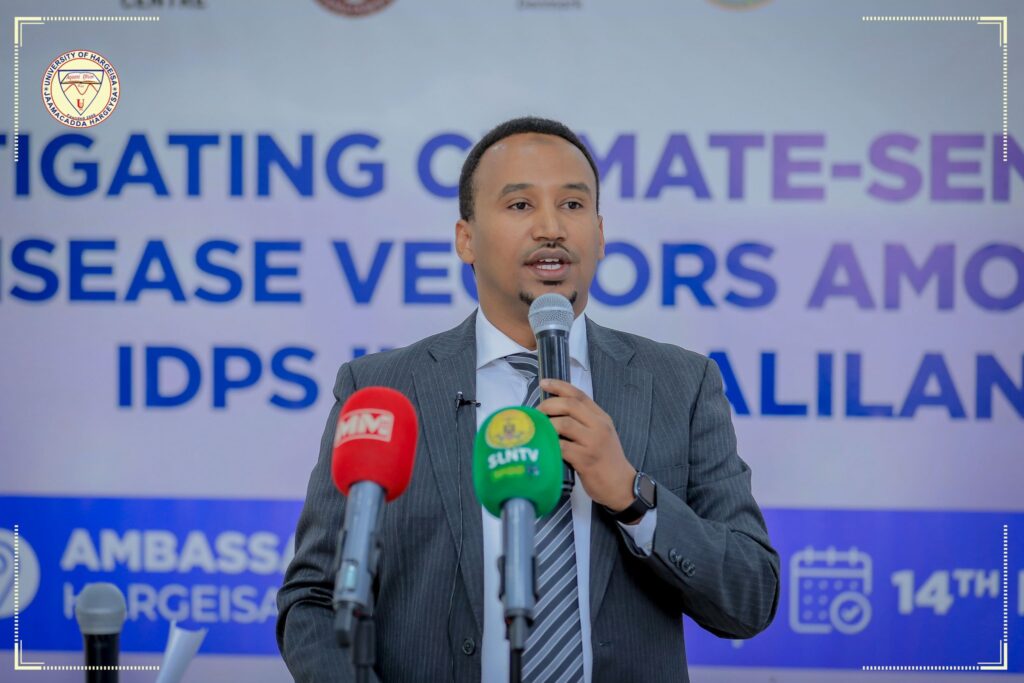Background
This project aims to address the escalating threat of vector-borne diseases (VBDs) like malaria and dengue in Somaliland, driven by climate change, rapid urbanization, and inadequate public health measures. The emergence of Anopheles stephensi, an urban-adapted malaria vector, has significantly increased malaria cases in Somaliland, while dengue has also become a growing concern due to poor waste management and urban expansion. Vulnerable populations, particularly young children and pregnant women, are at highest risk. This project will assess the distribution and abundance of VBD vectors in internally displaced person (IDP) camps across Somaliland, providing evidence-based insights for policy planning, climate adaptation, and resilience. Through interdisciplinary research and capacity building, the project aims to develop effective surveillance and control measures in line with WHO recommendations, the Somaliland National Strategy Plan (2023–2028), and UN SDGs 3.1, 3.2, 3.3, and 13.1.
Objectives and results expected
The overall objective is to promote resilience to climate-driven VBDs in IDP-camps by generating recommendations and build capacity for vector control and surveillance of VBDs. We will achieve this by:
1. Determine the spatiotemporal distribution and abundance of vectors and the risk of VBDs in Somaliland in relation to local meteorological measurements
2. Determine the general health and prevalence/incidence of malaria and dengue in children and pregnant women in IDP-camps
3. Analyze whether, how and to what extent climate-induced displacement exacerbates existing inequalities in access to health
4. Formulate a specific set of recommendations to mitigate climate-driven risk of VBDs at IDP-camps involving health authorities, IDP community and urban planners in a participatory process
5. Strengthen research capacity at Hargeisa University, including south-south collaboration with a focus on entomological, epidemiological, and molecular studies, and systematic dissemination of acquired data on health through District Health Information Software (DHIS2).
Grand Launching Ceremony for the project “mitigating climate-sensitive disease vectors among internally displaced persons (IDPs) in Somaliland”
On 14th May 2025, the University of Hargeisa, in collaboration with the University of Copenhagen, Roskilde University, Denmark, the Ministry of Health Development Somaliland, and SORADI in a grand ceremony launched the DVSOMA Project at the Ambassador Hotel in Hargeisa. The project, which is funded by the Ministry of Foreign Affairs Denmark through Danida Fellowship Center, aims to mitigate climate-sensitive disease vectors among internally displaced persons (IDPs) in Somaliland and will run for five years from 2024 to 2029.
The event brought together distinguished guests, including senior officials from the government, partner institutions and key stakeholders in the health sector. The ceremony commenced with Mohamud Farah Hussein, Legal and Compliance Advisor at the University of Hargeisa, officially welcoming the attendees and introduced the significance of the DVSOMA Project.
Prof. Christian Wang from the University of Copenhagen, the DVSOMA project principal investigator delivered a detailed presentation on the vision, objectives and the expected outcomes of the project. Prof. Michael Alifrangis, the principal investigator of the BSU-IV project, provided an overview of how the BSU-IV and DVSOMA projects complement each other. He explained how combining the resources and expertise of both projects enhances the University of Hargeisa’s capacity in vector-borne diseases research and diagnostics.
Dr. Faisal Nooh Ali from the University of Hargeisa and Dr. Robert Kaaya from KCMC University-PAMVERC gave comprehensive presentations on the project’s work packages, expected outcomes, and the added value of South-South collaboration. They emphasized how the initiative aims to strengthen resilience among internally displaced persons (IDPs) against climate-sensitive disease vectors. Additionally, they highlighted how partnerships can facilitate mutual learning and enhance the capacity of the University of Hargeisa.
The representatives from SORADI, led by Dr. Mohamed Fadal, and the Director of the National Malaria Control Program, Dr. Abdi Abdilahi Ali, discussed the challenges posed by climate change and the burden of vector borne diseases. Dr. Abdi provided an overview on the strategies the Ministry of Health Development is applying to mitigate vector borne diseases including the need to control the emerging invasive urban vector the Anopheles stephensi. He emphasized the importance of collaboration with different partners to ensure sustainability. Dr. Layla Mohamed Ibrahim from Alight and the team lead for Damal Caafimaad funded by World Bank addressed the gathering, reinforcing the critical role of partnerships in research, health, and education.
A keynote speech by Dr. Mohamed Ahmed Sulub, President of the University of Hargeisa, underscored the university’s commitment to advancing research and innovation, while Dr. Sacad Ali Shire, Chairperson of the University’s Board, reflected on the institution’s dedication to impactful initiatives.
High-level government representatives, including the Deputy Minister of Health Development, Dr. Zamzam Mohamed Salah, the State Minister of Finance, Ismail Mawlid Abdillahi also graced the event. Their remarks emphasized the Somaliland government’s commitment to addressing climate-sensitive health challenges, especially among vulnerable populations.
The DVSOMA Project is a significant step toward safeguarding the health of IDPs in Somaliland, leveraging international expertise and local capacity to combat disease vectors influenced by climate change. It is a testament to the power of partnerships in achieving sustainable health outcomes.

